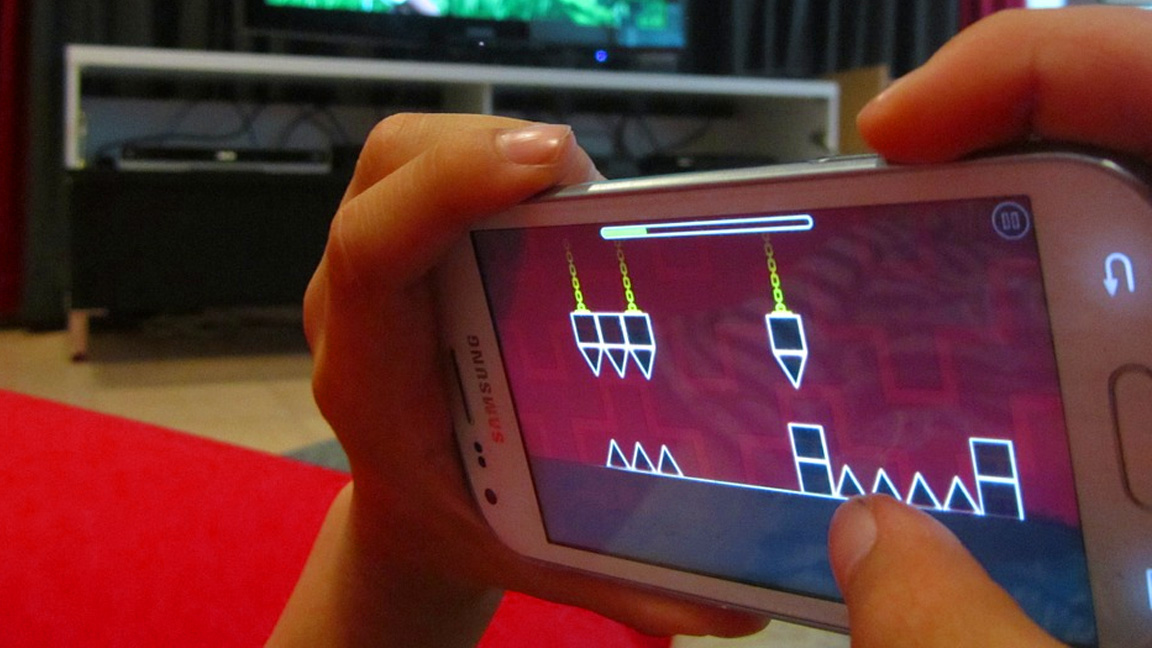It's not just you: even science thinks touchscreen controls suck
You already knew this, but now there's proof!

Sign up for breaking news, reviews, opinion, top tech deals, and more.
You are now subscribed
Your newsletter sign-up was successful
The next time you screw up playing Flappy Bird, remember: It's not you, it's science.
Professor Antti Oulasvirta and Dr. Byungjoo Lee, researchers at Finland's Aalto University, put touchscreen controls to the test and found them lacking when it comes to reflex-intensive games that require precise timing.
This comes as no surprise to anyone who's tried playing the likes of Street Fighter IV or Grand Theft Auto III on a smartphone instead of with a conventional controller.
As impressive as games on Android and iOS are these days, the team at Aalto University propose three main design flaws in touchscreen controls that hold it back from its buttoned brethren.
Damn fingers
First, keeping a finger hovering when not pressing on the screen causes a delay in the player's reaction speed, reducing chances of nailing that jump or blocking an attack with exact timing.
"The finger is always moving, and even the slightest movement hampers our ability to time precisely," the researchers explain in a press release. "By contrast, when using physical keys, the finger rests on the key, eliminating this source of error."
The second flaw is the lack of tactile feedback on a touchscreen means it can't communicate if it a movement has been successfully registered. Because there's no way of knowing the prompt worked until you see the reaction on-screen, that adds yet another delay to your timing.
Sign up for breaking news, reviews, opinion, top tech deals, and more.
Finally, since touchscreen controls are built into the game rather than fed out to a joystick, keyboard or gamepad, any lag in the game's performance will also hurt the controls. Put plainly, touchscreen controls "load" slower than physical button inputs if the game doesn't run smoothly.
The researchers propose that tweaking how touch controls interpret finger surface area - a metric that can be used to calculate pressure sensitivity on a screen - may cut latency.
However, they don't think physical keys and buttons will be usurped by touchscreens anytime soon.
While touchscreens may not be the input method of choice for fast-paced action, precision aiming, or lightning reflexes, it doesn't mean that games using the control scheme are automatically dead in the water. If you misplay in a game that's built around innovative touch controls or, say, a collectible card game like Hearthstone, that's all on you, buddy.
